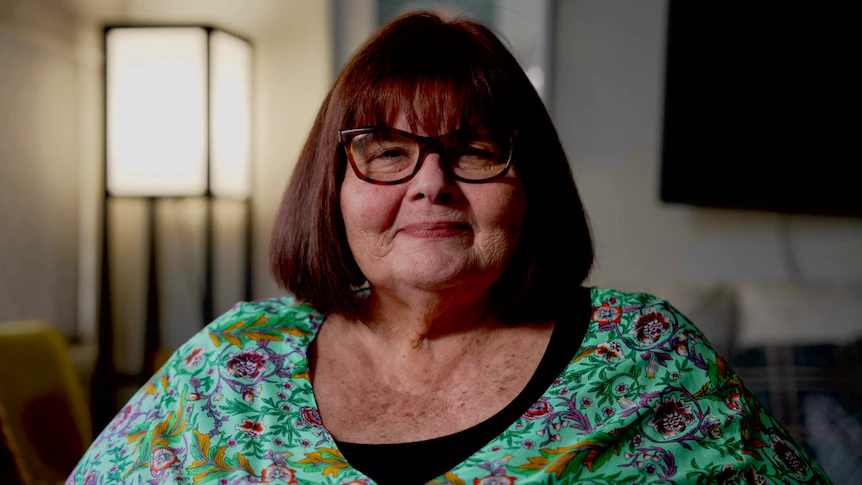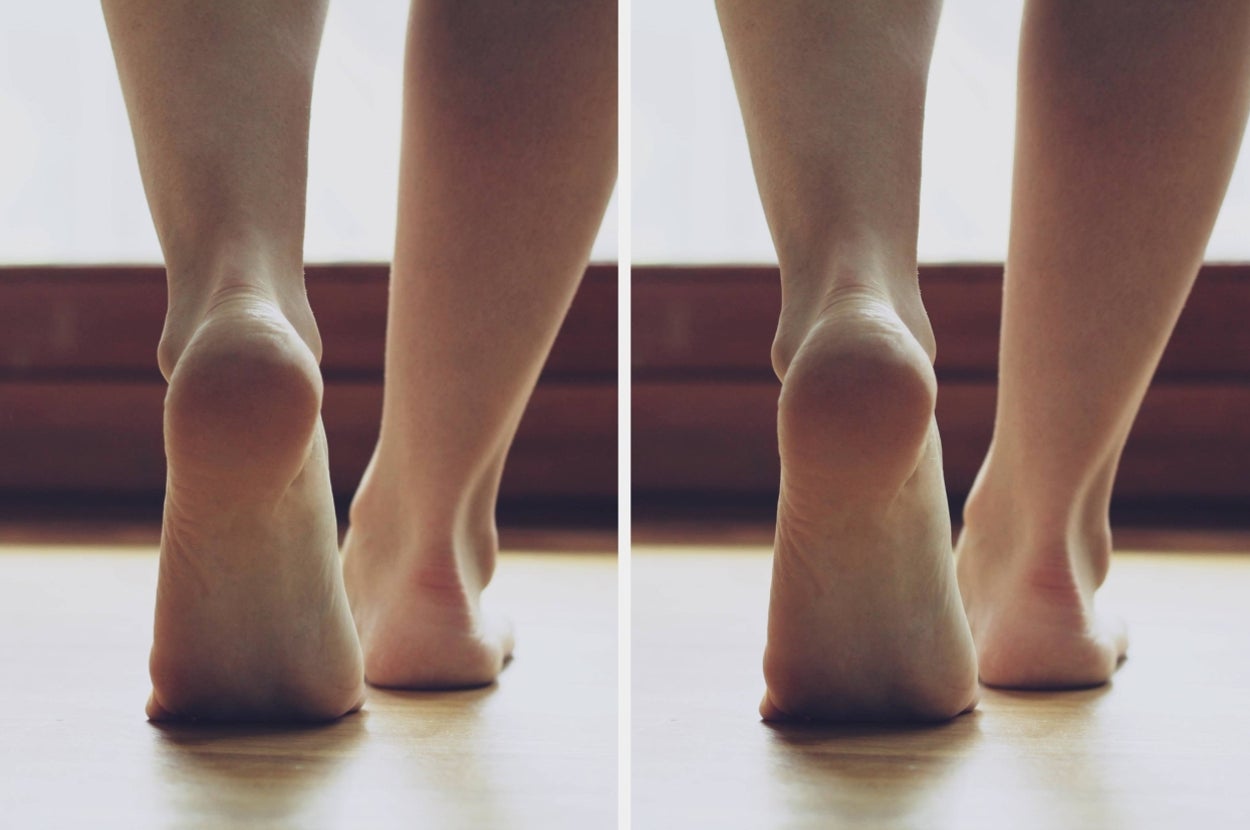Copyright abc

Older Australians were promised "a world class aged care system", but as "once in a generation" changes roll out, some feel they are being delivered anything but. The new Aged Care Act comes into effect today, bringing with it an enhanced statement of rights for older Australians — a new code of conduct and changes to quality standards — intended to address system failures uncovered by the 2021 royal commission. The incoming reforms also fundamentally change the way older people pay for residential and out-of-home care. The government established an aged care task-force to advise on new funding arrangements for the sector, after the royal commission handed down its final report. The ABC spoke to 11 older Australians accessing at-home care, who are concerned they will not be able to access the same level of services under the new scheme. Providers and advocates also told the ABC they want the government to reconsider the new co-payment attached to at-home personal care services like showering. Those already accessing Home Care Packages will be moved onto the Support at Home program, with a promise those in the system before September 2024 will be grand fathered and "no worse off". "No worse off? It's nothing but worse off. It's completely worse off," said Ms Bradbury, who believes new pricing structures will give her access to fewer services. For new entrants to the home care system, they will have to undertake an assets and income test and may be required to make co-payments on non-clinical services. For independence services, like personal care and mobility assistance, payments will range from 5 per cent to 50 per cent. For everyday living services, like cleaning and gardening, the co-payment will range from 17.5 per cent to 80 per cent. Suzanne Entwistle, 74, is among the cohort who will be hit with these new charges. She said she was "shocked" to see the prices. "I'm happy to make a contribution, but we're part pensioners. We don't have a lot, just enough to get by." Ms Entwistle said she applied for an at-home support package in May 2024 and was approved in September, while her 75-year-old husband was still waiting for approval. Her provider informed her she would now be required to make an 80 per cent co-payment for services like cleaning, transportation and gardening, and 50 per cent for some personal care services. She is now considering suspending her package and paying out-of-pocket for services when necessary — and is not sure if her husband will ever use his. "I thought this scheme was trying to keep people in their own homes without needing to go into aged care services or going to nursing homes, going into hospitals," she said. "It's going to get more people going in and clogging up our hospitals." "Under the new model, people who can contribute to their care will, while people who are less well-off will receive extra support,” a spokesperson for Aged Care Minister Sam Rae said. The Inspector-General of Aged Care, Natalie Siegel-Brown, described the co-payment scheme as contrary to the intent of the aged care royal commission. Changes leave some feeling 'imprisoned' Ms Bradbury had a new contract from her home care provider delivered to her a little over a week ago. She will be grand fathered and not required to make co-payments, but based on her own assessment, she will be losing hours of services because the reforms bring new provider pricing structures. Clients new and old will now pay a maximum 10 per cent management fee, but many have found this means hourly service rates are significantly increasing. The new reforms also allow the regulator to take action against providers whose fees are not deemed to be fair and reasonable. A spokesperson for Mr Rae said the "once in a generation reforms" would deliver a more transparent pricing model. "The Albanese government's once-in-a-generation reforms to aged care will deliver," the spokesperson said. "Capping care management fees — streamlines costs for both providers and participants, ensuring older Australians get access to the care they need." "I'm already seeing a difference of potentially losing six to seven hours per month because my costs have gone up," Ms Bradbury said. She said it means she may not be able to access key services that allow her to leave her home and maintain wellbeing. "I had hoped with those hours, to increase my social networking to get out of the house. "I feel more imprisoned than I was previously." Providers say reforms are a 'net positive' Australia's largest care provider, Australian Unity, is urging older Australians to remain calm and optimistic about the changes. "I think the settings at large are net positive for older Australians and for a sustainable aged care system in this country, which is incredibly important to our overall economy," said Prue Bowden, the Group Executive of Home Health at Australian Unity. She said it was a difficult time for those trying to understand how the reforms affect their personal circumstances. "I think many are concerned about whether they will be able to continue to have the same service mix that they've been enjoying historically," she said. "Even though the pricing might be going up, the pricing structure is set to allow care to be more transparent and the cost of care to be more transparent." National Seniors Australia said this was just the "starting line" of a major transition. "There are many that are somewhat confused, lacking confidence and certainty," said Chris Grice, the association's chief executive. He said it was particularly hard for those who did not have family or loved ones to help them navigate the new system. "I would encourage anyone who is confused to reach out to their provider and also to networks like OPAN [Older Person's Advocacy Network] to get those answers and support," he said. Calls for government to reconsider co-payment on showering The government has argued that older Australians who can pay for non-clinical care should contribute, to support fully funded clinical care. National Seniors Australia is calling on the government to reconsider the co-payments attached to personal care services, like showering and wound dressing. "We need to make sure that poor access to showering [services] doesn't actually create more hospital admissions," Mr Grice said. Australian Unity backed this call. "Personal care is a deeply personal service — bowel care, medication management — and from our perspective, it's more akin to a clinical service," Ms Bowden said. "The co-contributions at large, I think are the right settings, but the boundary line on personal care, I think that needs to be a wholly funded service. "We don't want older Australians to choose between heating, cooling, good food and actually the really important hygiene that's important to health outcomes." The spokesperson for the minister said the government would "monitor the impact and equity of the system closely to make our aged care system one that every older Australian, every family and every aged care worker can be truly proud of". Currently clinical support service must be delivered directly, or be supervised, by nurses or allied health professionals, which showering and some personal care does not meet the criteria for. Ms Bradbury feels the incoming changes do not reflect the varied lived experience and needs of older Australians. "We are infantilised so often in so many ways, but I want to remind everyone, we have a brain, we have a voice, we have feelings, we have thoughts," she said. To ensure more of the experience of older Australians is heard, she wants to create a new national advocacy group. "I just want them to listen to us, all of us, those of us who don't have help at home," she said.



